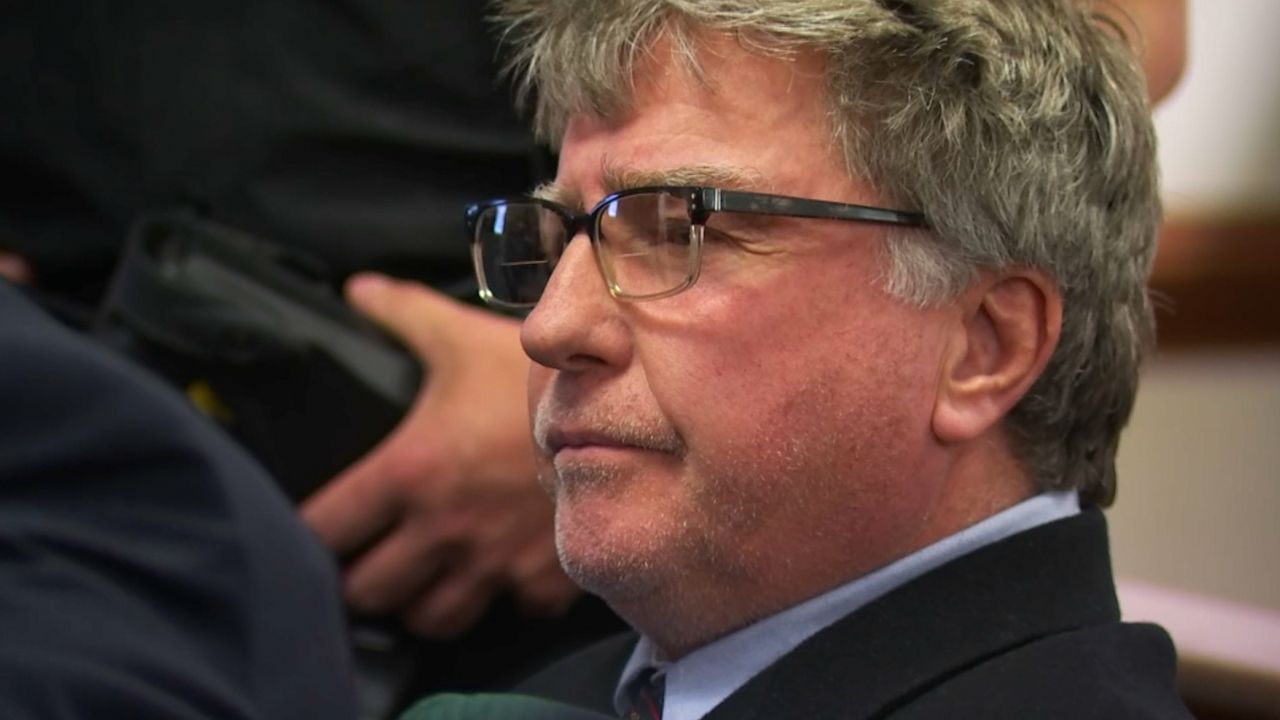After the questioning of more than 500 people, 12 jurors – nine males and three females – were selected Wednesday to render a decision in the case of Kevin Monahan, the 66-year-old man accused of shooting and killing 20-year-old Kaylin Gillis in his Washington County driveway.
Four people, including three females, were chosen as alternates on day three of the trial after days of preliminary questioning from Judge Adam Michelini.
The process to select 12 jurors is a painstaking one. It includes standard background questioning on things like education, occupation, family and past experiences with the criminal justice system.
Then the attorneys in the case – Christian Morris and Washington County District Attorney Tony Jordan and defense attorneys Arthur Frost and Kurt Mausert – had the opportunity to question potential jurors in an effort to identify any biases they may have that could impact their ability to deliver a fair verdict.
Prosecutors spent much of the time talking about reasonable doubt and how close to certainty the potential jurors would need to deliver a fair verdict.
The defense asked them to look at Monahan, if they knew what it was like to be afraid and whether they believe only law enforcement and members of the military should be entitled to own firearms.
Monahan is charged with killing Gillis, of Schuylerville, last April.
Police say she was riding in a car with friends, and they got lost on their way to a party when they turned around in Monahan’s driveway in Hebron. Monahan allegedly came onto his porch armed with a shotgun and fired at the vehicle. Police say he fired two shots and hit Gillis once in the neck.
Her friends say they tried to call 911, but cell phone signals in that area were spotty, and they were unable to get through for help until they drove to a neighboring town. Gillis was pronounced dead at the scene by first responders.
Monahan pleaded not guilty to second-degree murder, reckless endangerment and tampering with evidence.
He has been denied bail multiple times and remains incarcerated. He faces a maximum of 25 years to life in prison if convicted.



